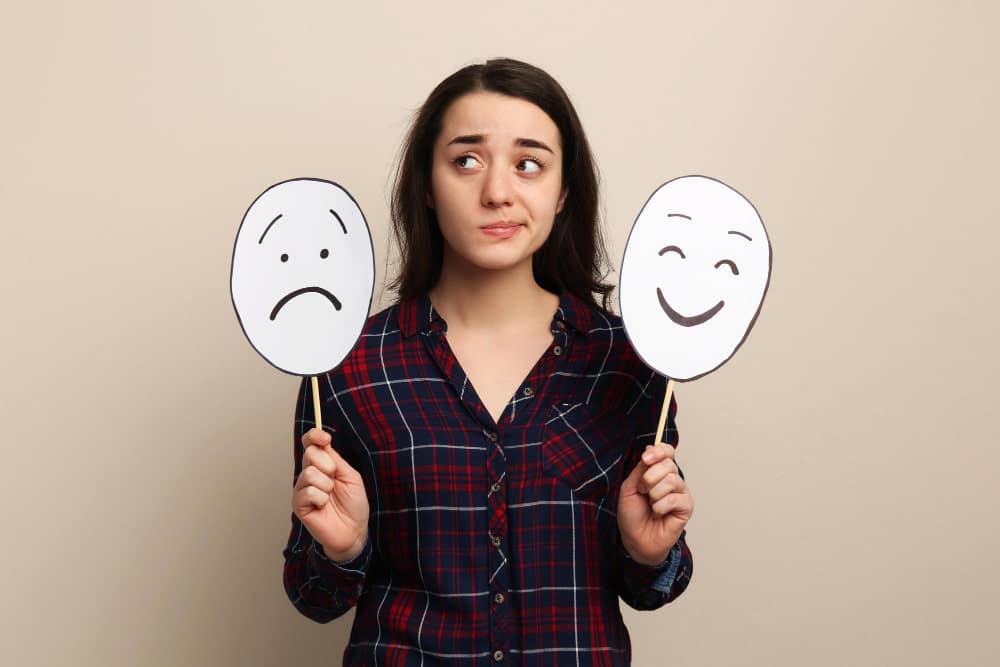Expressing your emotions and feelings sounds very calm, but imagine how one would feel when having difficulty expressing emotions or identifying what a person is feeling. A person may be unable to gauge when and which emotion to expel.
Alexithymia, in easy words, is when the person has difficulty identifying and expressing emotions. The word comes from the Greek word ‘a’ means ‘lack’, ‘lexis’ means word, plus ‘thymos’ means feeling. As per research, 13% of the population experience alexithymia and the male count is higher than the female count. People with alexithymia may have difficulty keeping good ties in their relationships and be hesitant to participate in social activities. The core problem is that people with this condition have an issue with introspection or observing their mental processes and emotions. Apart from this, they also experience constant confusion around bodily sensations connected to emotions. Frustration intervenes as they face immense difficulty communicating and expressing their emotions and feelings.
Talking about symptoms apart from those mentioned above are the problem distinguishing between emotions and bodily sensations that relate to those emotions, limited ability to communicate feelings with others, inability to respond to the emotions of others comprising facial expressions and tone of voice, lack of imagination and a very rigid thinking style which has no account with emotions. Lastly, they have a sense of poor life satisfaction and appear to be bland and humourless.
The causes of alexithymia may include genetic factors. People are more likely to have alexithymia if their close relative also has it. Other causes are environmental factors which include the history of childhood trauma or the current mental and physical health condition. Lastly, another cause can be a brain injury to a part of the brain called the anterior insula experiencing an increased level of alexithymia. Sometimes repeated ignorance of this can affect life and relationships as alexithymia is a condition where the person cannot make sense of the emotions of others and oneself and can be problematic in physical and social settings.
Lastly, every problem comes with a cure, and so does alexithymia. The possible treatments for it depend specifically on your overall health needs. For example, if you are suffering from anxiety or depression and taking certain medications for these conditions can also help with emotional health symptoms. Apart from these, one can always go for counselling, cognitive behavioural therapy, psychotherapy or group therapy, as these prove to be very useful. So therefore, the correct diagnosis helps with a proper cure.
Dr Nisha Khanna is a Senior Consultant- Counseling Psychologist at Max Multi Speciality Centre who proffers online, telephonically and face-to-face Counselling Services. If you are in Delhi, India or any other part of the World, you can approach us through any of these mediums. For further, visit Bye Tense, or call us at +91-9818211474




Follow Us